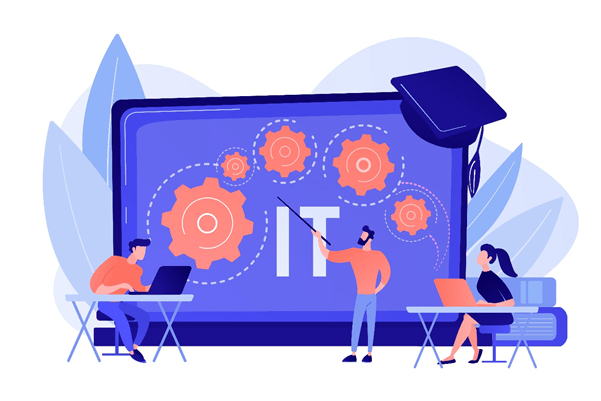IT Management in 2023 for Privacy and Security Officers

IT is famous for how much it changes in a short amount of time. There are developments, changes, and discoveries all the time, some which can have very large impacts on technology and the world at large. As technology evolves, so does the need for management of those resources in organizations.
What used to be the domain of network administrators and lead programmers is quickly becoming a mixed field of professional services, contracted parties, cloud services, and automation. Providers like Tools4Ever (https://tools4ever.com) and similar are being heavily relied on by privacy and Information security officers. Read on to see why IAM and ID tools such as these have become cornerstones of information security.
IT as a Service (ITaaS)
Ever since the cloud arrived, and the delivery of most tools could be done through the Internet and a terminal, the infrastructure of the traditional network has gone the way of the horse buggy. In fact, it’s almost a challenge to find a company that is still 100 percent traditional network infrastructure today. Most are a hybrid, and some are entirely based on cloud services and related resources. In this regard, ITaaS has become the standard for lean IT operations, which essentially means applied management is more focused on contract management than actual IT management and cybersecurity.
Procurement, acquisition and monitoring performance have become the bread and butter of most IT workers in large organizations today, with only a select few still engaged in actual project development and delivery or even system administration. That leaves the bulk of IT and security management and security either shifting off to various officers.
Cloud Admin
Where cloud networks are kept under internal control or are hybrid with a predominant amount of resources in-house, IT managers and security officers still have a role in keeping systems operating smoothly as well as dealing with troubleshooting or implementation of new add-ons.
In many cases, these roles will still be functioning the same in both ensuring compliance with rules and regulations as well as monitoring and reacting to system performance issues. However, the days of in-house system building are pretty much over. Most IT managers, privacy officers, and security officers that work together on development are predominantly hired on contract as project leads and then let go once completed.
So, is an IT Manager Needed?
There will always be a need for accountability, but it’s no longer defined by the traditional IT manager role. Instead, the future role will be far more of a contract and project manager approach, phasing in and phasing out resources as necessary to meet strategic goals and improvements. With so much specialization available online, it simply doesn’t make sense financially to keep resources in-house waiting to be allocated and assigned.








